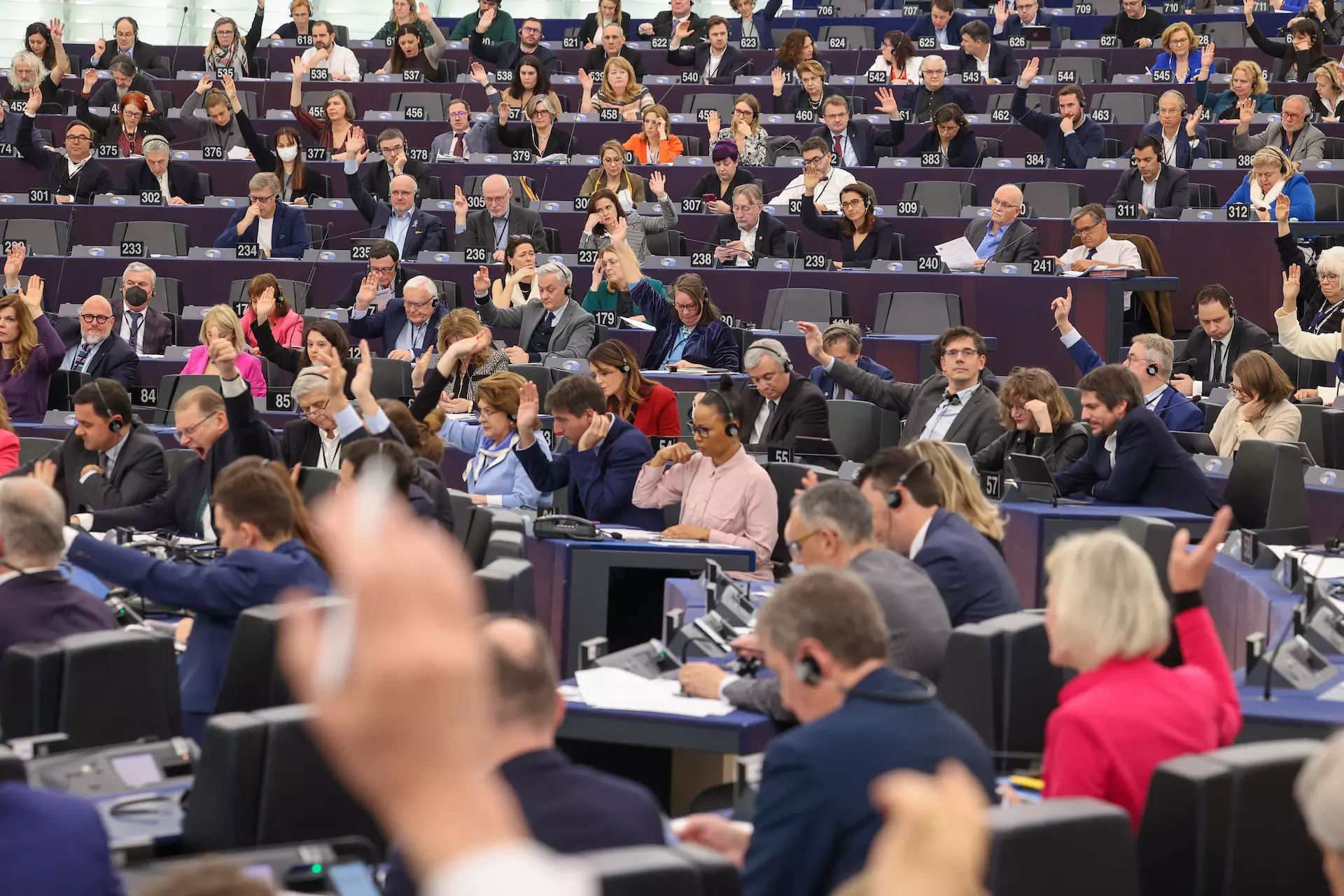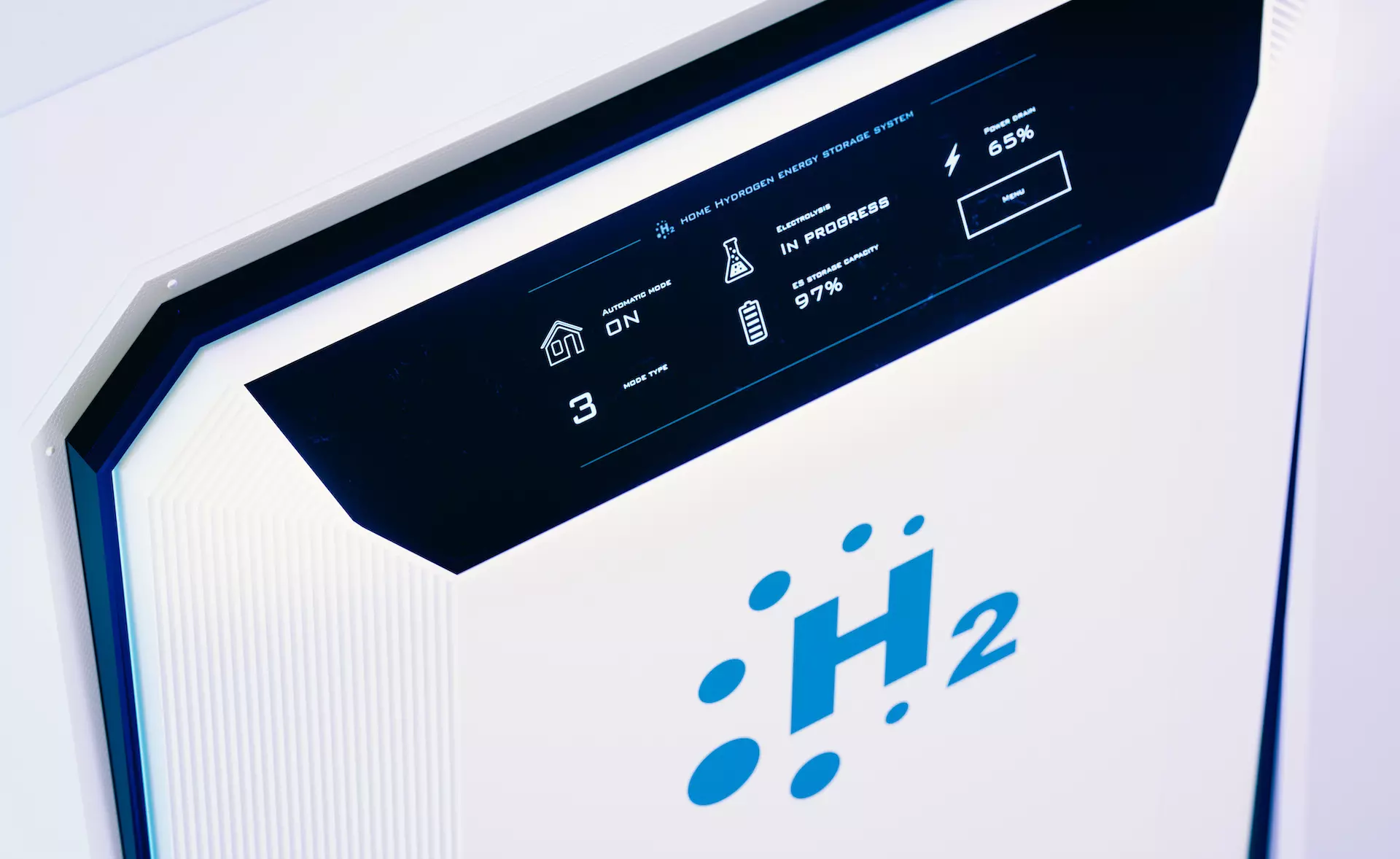- |
- The European Parliament approves the regulation of the so-called "green homes" directive.
- The directive establishes obligations for the energy requalification of buildings.
- Various environmental associations have criticized the choice to keep the gas boilers among the efficiency interventions.
The plenary of the European Parliament approved the directive proposed by the European Commission forenergy efficiency of buildings.There were 343 votes in favour, 216 against and 78 abstentions.Parliament's vote is "the first step towards opening negotiations on two acts, a regulation and a directive, to facilitate access to the renewable gas network”, he said the press office of the institution.The journey of the directive, in fact, is not over:the next steps will involve the Council and the European Commission, which will have to express their opinion on the matter to arrive at the final version.
But what are renewable gases? The European Parliament explains that this is low emission gas, such as biomethane andhydrogen.But several experts are worried because behind the vote there is an attempt on the part of the fossil lobby Of save domestic boilers powered by methane.

What does the “green homes” directive provide?
Through the text of the EPBD directive (Energy performance of buildings directive), nicknamed for convenience “green homes” directive, provides for a series of obligations to redevelop the most inefficient properties from an energy point of view.The voted text is the same proposed in February by the Committee on Industry, Research and Energy (Itre), a standing committee of the European Parliament.
The text, brought forward by the Irish Green MEP Ciarán Cuffe, provides that European residential buildings in energy class G will have to move to energy class F by 2030 and D by 2033.Public buildings will have to reach the same classes, respectively, by 2027 and 2030.All new buildings, however, will have to be zero emissions from 2028 (from 2026 those owned or managed by public authorities).
There is all one series of exemptions ranging from independent houses with a floor area of less than 50 square meters and to second homes, but in general, if the directive is also approved in the final negotiation with the member states, it will become mandatory to exceed the G energy class of buildings, the lowest currently and which represents, on average, 15 percent of the building stock existing at European level.
To achieve these objectives, therefore, they will be necessary redevelopment interventions and energy efficiency of buildings, which mainly means thermal insulation work or improvement of the heating system.
The directive “green houses” focuses on photovoltaic, hydrogen and biomethane
They concentrated precisely on this last point criticism from the environmentalist front.With their favorable vote, MEPs introduced, where technically possible, theobligation to install photovoltaic panels (by 2028 for new buildings, by 2032 for renovations), on the other hand they have allowed the possibility of maintain gas boilers with a view to replacing methane with "renewable gases", i.e. gases produced with low CO2 emissions.
By low emission gases we mean hydrogen and biomethane, already included in the plan RePowerEu, the plan presented on 18 May 2022 by the European Commission to “end the European Union's dependence on Russia's fossil fuels [and] tackle the climate crisis”.The objective is to create a European hydrogen market and collectively guarantee at least 35 billion cubic meters of biomethane by 2030, with the aim of replace at least 20 percent of Russian gas imports.

A boiler-saving regulation wanted by the gas lobby
Gas industry lobbyists they are applying pressure, including in unauthorized ways, on EU officials in an attempt to save domestic gas boilers, exploiting Europe's green agenda, according to a report published by the coalition Better without boilers (Bwb).“On at least three occasions,” we read in the relationship, “unpublicly declared meetings took place between the gas lobby and key figures in the debate on the future of domestic gas consumption in Europe, in which EPP MEP Sean Kelly participated”.
In short, the lobbyists got in touch with the MEPs most closely involved in the negotiation process, convincing them to promote the message that hybrid boilers would be ready to accommodate hydrogen and biomethane overnight.But according to the Bwb associations, of which Legambiente is also a part, the hydrogen boilers would be disastrous from all points of view:from the economic one because, as explained by an article by Nature, in the long term it is better to invest in heat pumps;from that of safety because hydrogen boilers they cannot follow the same installation standards as current gas boilers.
“As Legambiente we ask for it stop the installation of new fossil gas boilers from 2025”, explains Katiuscia Eroe, the organisation's energy manager.“We must stop promoting gas boilers as a sustainable solution, eliminating these technologies from all incentive systems immediately.”Legambiente and the other Bwb organizations warn:the consequences of this “boiler-saving loophole” will have repercussions on Italian citizens, from energy bills to air quality, negatively impacting Italy's ability to achieve climate objectives, innovate the construction sector and increase employment.
The Italian government is asking for more exemptions
However, there is more among the concerns expressed by the Italian government.“Parliament's vote does not satisfy Italy” is the reply of the Minister of the Environment and Energy Security Gilberto Pichetto Fratin, who announces that, as also done on the occasion of the ban on the sale of zero-emission cars from 2035, "we will continue to fight to defend the national interest”.
The minister invokes an exemption for Italy in terms of energy efficiency of buildings.According to Fratin, in fact, "this text lacks a serious consideration of the Italian context, which is different from that of other European countries due to historical issues, geographical conformation, as well as a deep-rooted vision of the home as safe haven asset of Italian families".In short, for Italy the exemptions already identified by the directive would not be enough.
